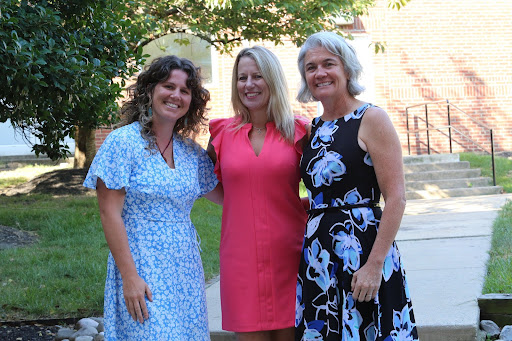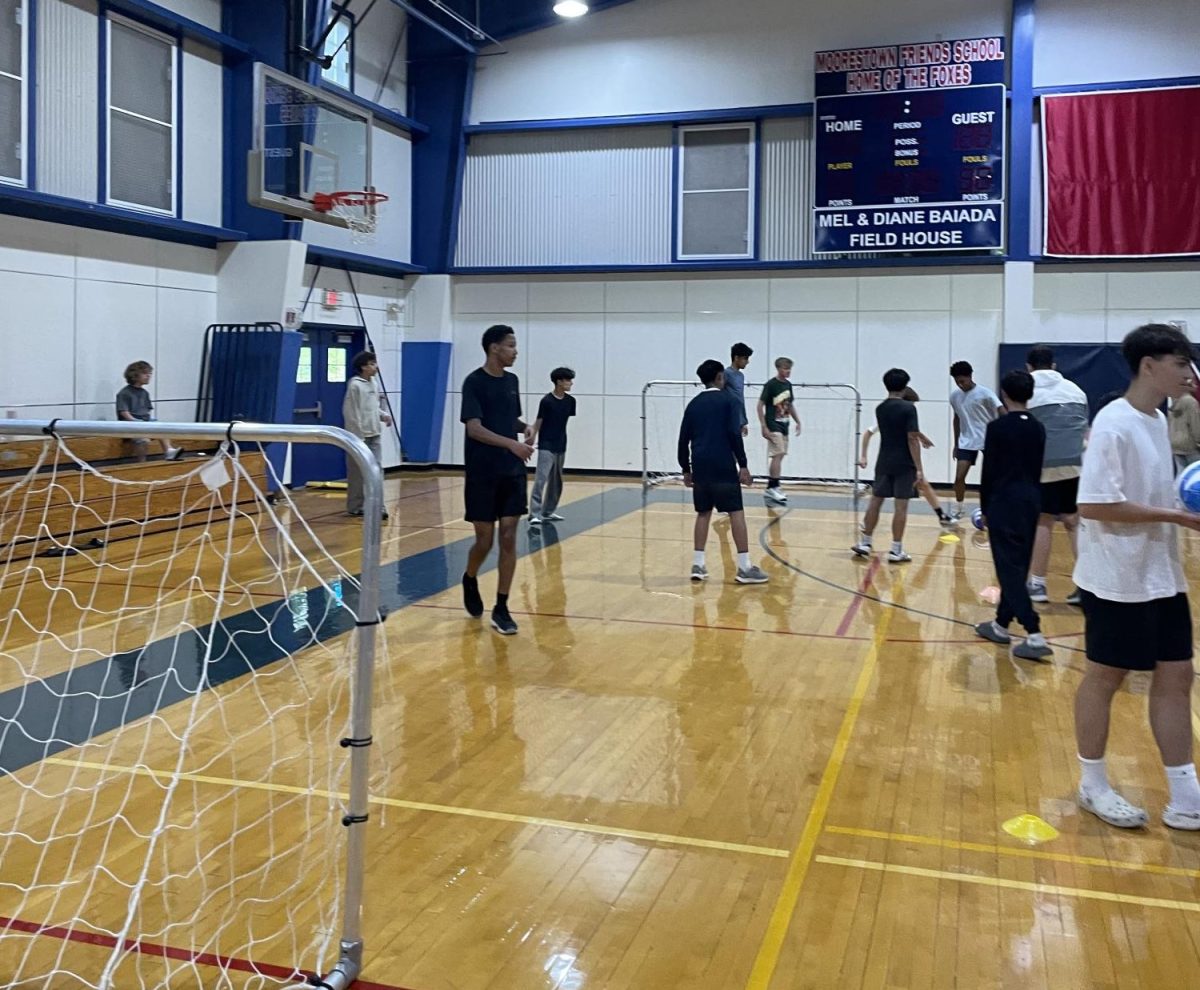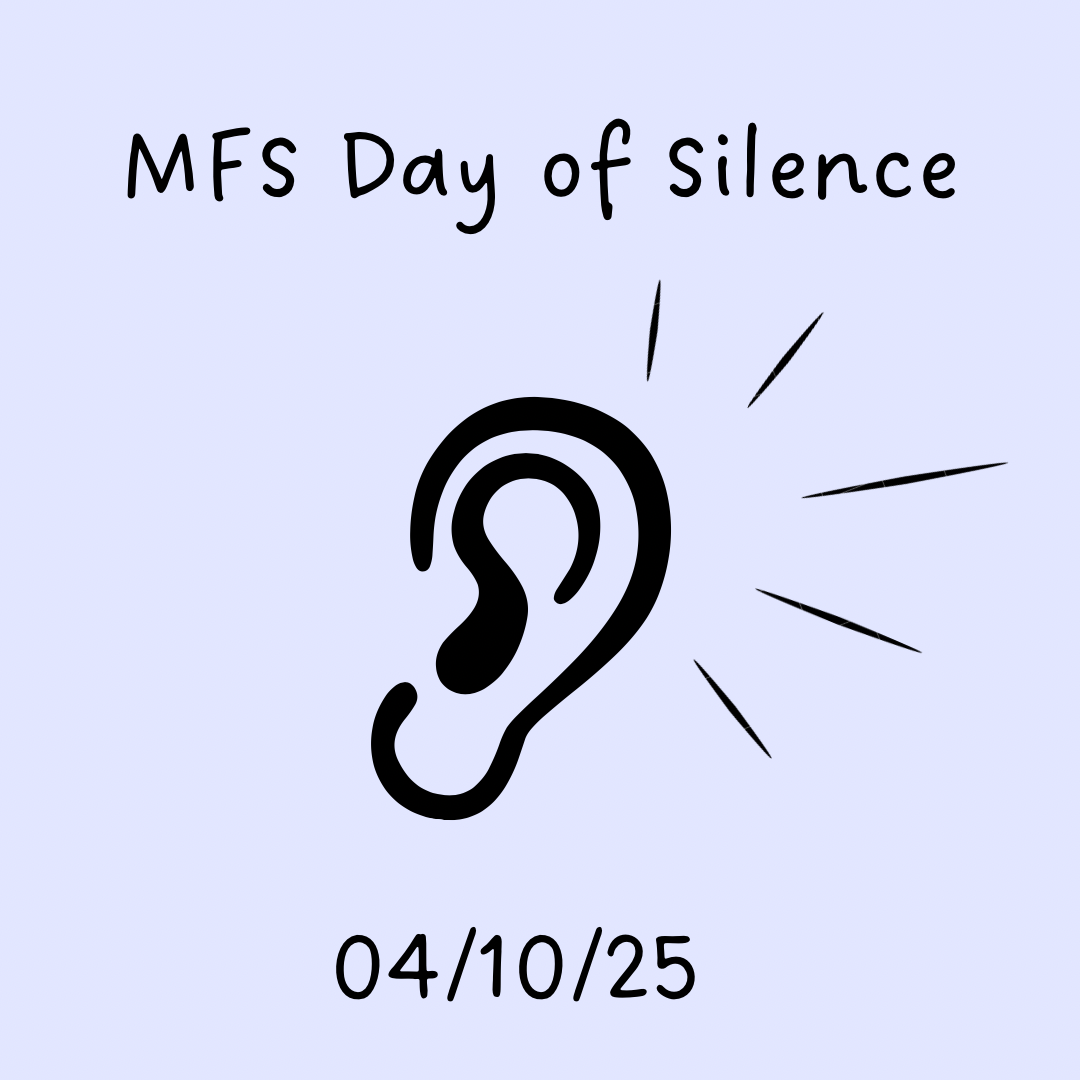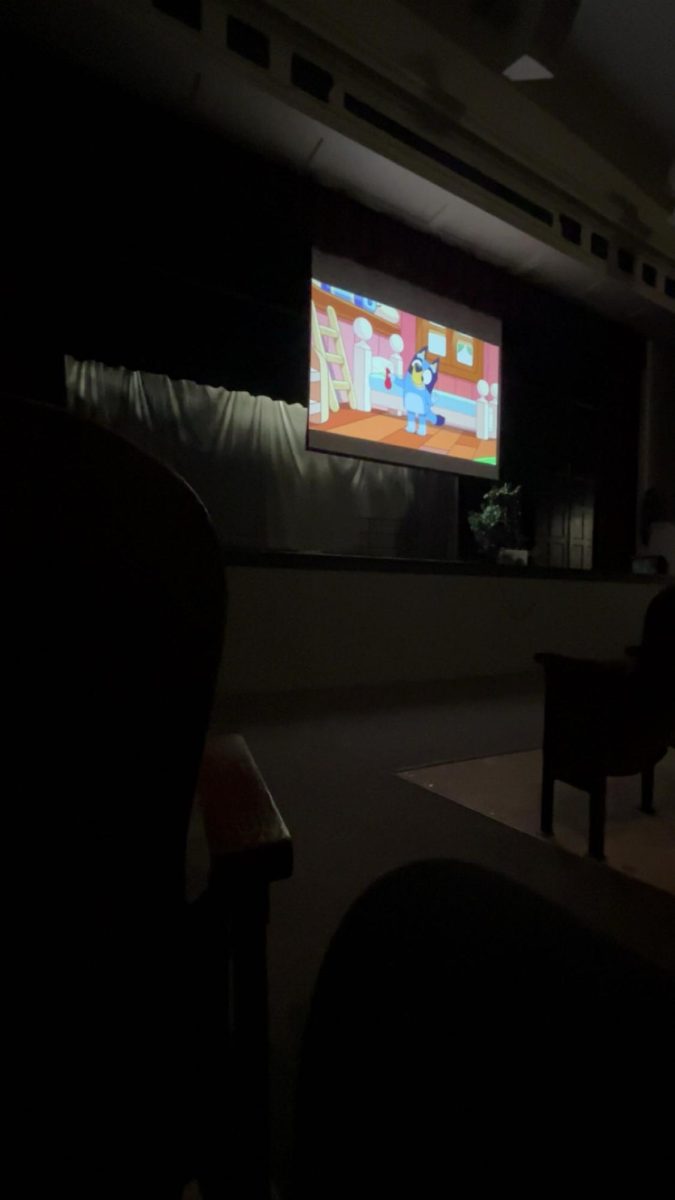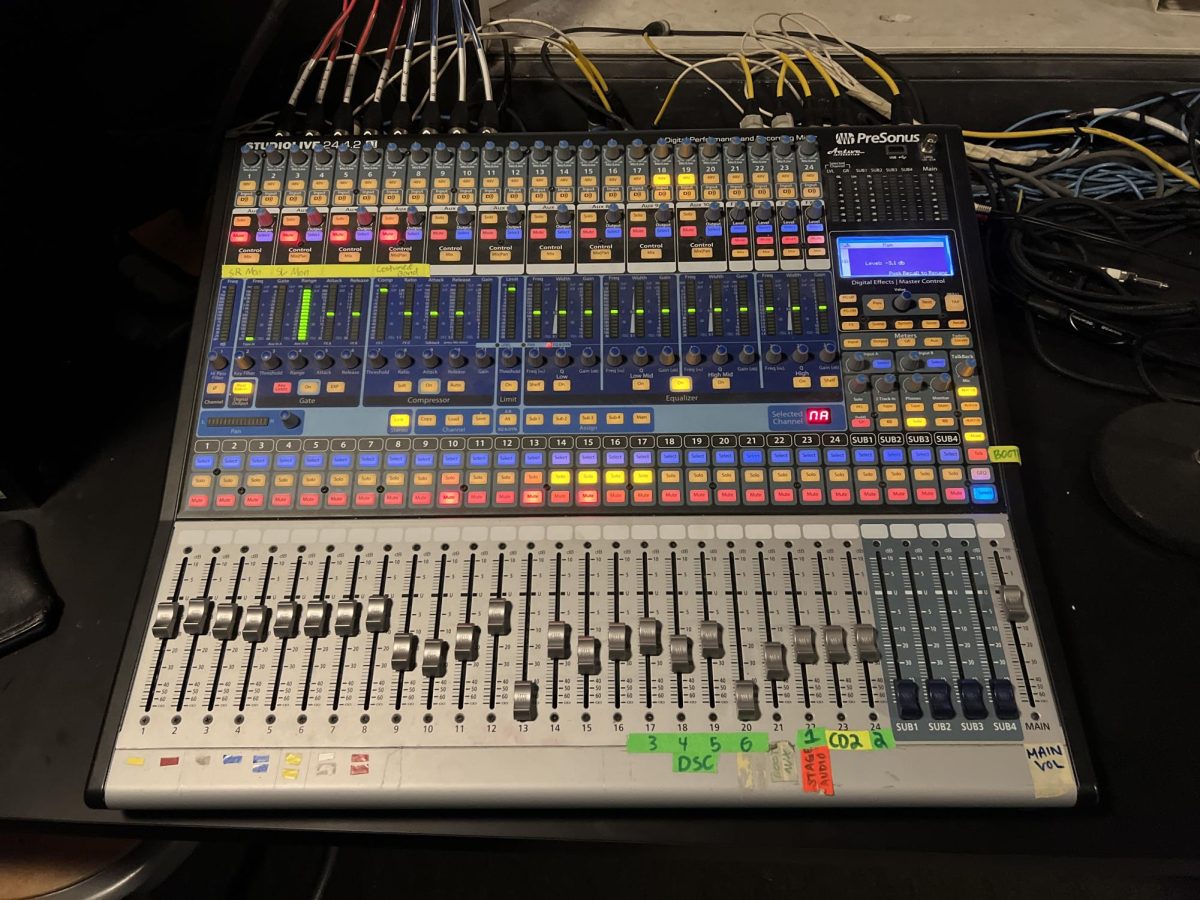On April 11, 2025, headmaster Julia de la Torre announced a new renovation project headed by the student wellness team: the Thrive Center. The Thrive Center is the first of its kind in South Jersey and is fully funded by philanthropy. Its purpose is to be a flexible center that puts students at the center of its values.
According to de la Torre, the Thrive Center will be a hub for students to improve their academic, physical, and mental health by offering exceptional student support services and incorporating stress-relieving design features. These include ergonomic and aesthetic surroundings, such as cushioned sofas, different mini “zen” gardens, and guided mental health exercises.
The Center’s primary goal is to provide students with the support tools they need, including extra resources such as counselors and mental health resources, allowing students to acquire the support they deserve.
Susan Batastini, leader of the MFS Department of Wellness and Student Support, said,
“What I’m excited about is having a wellness center tapping into all that holistic wellness, academic support, emotional wellness, and mental health. A place where students can self-regulate, take a break, and access many different resources.”
On April 17, 2025, a handful of students from each grade within the MFS Upper School were chosen to participate in a feedback session on their ideas regarding the Thrive Center.
Nolan Phillips ’28, who participated in the feedback session, emphasized the importance of having “a space that students would need most in their lives; it’s that extra help to manage their mental and emotional health, not just for those dealing with mental health issues, but for the entire student body.”
“For the Thrive Center to live up to expectations and be a true resource for everyone, it would need to express what the students wanted,” Phillips said.
Nolan Youssef ‘28, who was also chosen to participate in the session, placed significance on separating the Thrive Center into three different areas: a mental health corner, a student resource corner, and a physical health corner.
“But I kind of like the idea of making separate areas in the Thrive Center for students to either interact with each other, if needed, but also a place to chat with others and do work,” Youssef said.
Additionally, Youssef called attention to the current lack of mental health resources at MFS and how the Thrive Center can fill that gap.
“A lot of kids don’t know how to meet with a counselor, and there aren’t that many,” Youseff explained. “This could finally serve as a unified place where students get the support they need,” he continued.
When creating the Thrive Center, the MFS Department of Wellness and Student Support visited high schools and colleges nationwide to envision its design. One particular university that fit the criteria of an MFS student Thrive Center was Duke University’s building dedicated to student wellness.
“We visited a wide range of wellness centers, from local schools like Collingswood and Lawrenceville to universities like Duke,” Batastini explained.
“Each one gave us something different to consider, but Duke’s wellness center stood out. It offered a truly integrated model where mental health support, academic resources, and physical wellness coexist seamlessly. Seeing how thoughtfully Duke approached student care helped us imagine what was possible at MFS and allowed us to think bigger.”
These schools, which had a multitude of integrated academic support systems and mental health resources, gave valuable insight into what the Department of Wellness and Student Support team wanted to create when they envisioned a student support center.
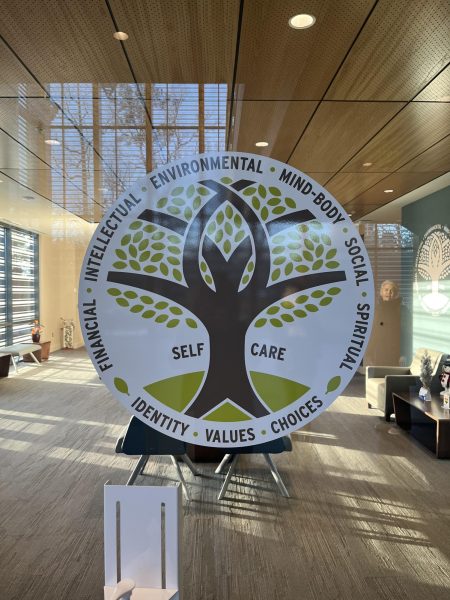
Batastini stated, “When we looked at all of those schools, there actually wasn’t one model that we’re following. What we’re looking at is taking pieces, like this school really did this well, or that school really did the academic pieces well. We’re creating something comprehensive where all support can be found in almost one location.”
Julie Lyons, Upper School counselor in the MFS Department of Wellness and Student Support, remarked on how the Thrive Center could possibly serve as a constant reminder to students that their mental health matters.
“I think it’s important for all students here, because we forget life skills that are inherently learned, and we can learn them. You can learn about what your feelings are. You can learn about your thoughts and what they mean for you, so that you can live a more productive life,” Lyons said.
“To have a physical space is a constant reminder to focus on well-being,” Lyons continued, “You don’t have to talk about it to feel its impact — just being there reminds you to take care of yourself.”

